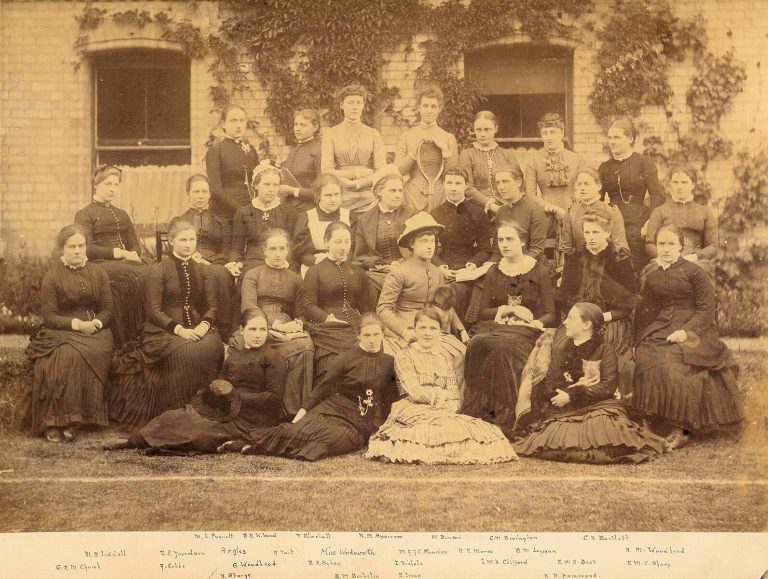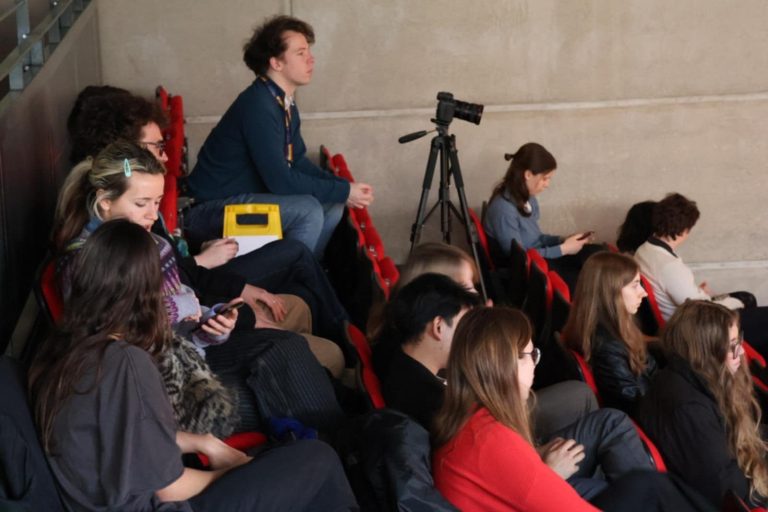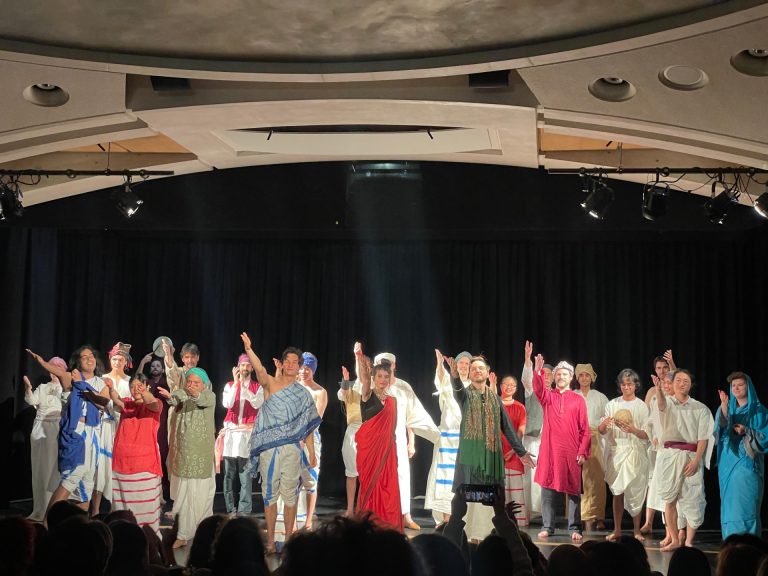For Oxford students, the start of Trinity marks not just the start of the final term of the year, but also the start of a brand new wardrobe to match the rising temperatures. College puffers and chunky thermals are out – crop tops, linen shirts, and tastefully long jorts are in. With this seasonal rebranding, there’s a temptation to just buy more to keep the summer looks on-trend; fast-track shipping, Vinted and Depop, and the slew of local thrifting opportunities make acquiescing to the panic of looking too ‘last year’ easy to fall into.
However, 2025 has also seen a growing ‘No Buy’ trend. Participants in the trend hold off on buying strictly unnecessary goods: anything like clothing, home decor, and even takeout. All jokes about recession indicators aside, reducing the rate at which we buy clothes is undoubtedly good – the fashion industry consumes unimaginable quantities of water, and accounts for up to 8% of global carbon emissions. In this context, the ‘No Buy’ trend indicates an encouraging shift towards a mindset less based in endless consumption, and more in making do with what we already have in creative ways.
Of course, the hectic pace of terms can make it difficult to invest a bit more time into revising our consumption habits. For the most part, I consider this to be a moot point: most students aren’t just constantly working on their degrees, and by this time of the year, hopefully even the freshers have figured out something of a work-life balance.
Another, more pressing obstacle people might come across is the question: Where do I get the resources? It’s tricky lugging a sewing machine to Oxford, to say much less of finding where to store it over vacations. Hand sewing is tedious, even for students without two deadlines per week.
It’s here that repair cafes like Share Oxford’s come in handy. Running monthly, the ‘cafe’ brings together community members and volunteers to share expertise on how to fix broken things: anything from clothing to jewellery, bikes to electronics. With the first Repair Café opening in Amsterdam in 2009, the model has since proliferated to over 3,500 cafes globally, with more than 60,000 items repaired per month. Oxford’s own branch runs out of 1 Aristotle Lane, just 3 minutes away from St Anne’s College. Other community groups like Bullingdon Community Association also run repair cafes – this one in Headington – although their emphasis is more on mechanical and technological repairs than textile ones.
If you’re looking for access to sewing machines and other textile repairs on a more regular basis, other community groups in Oxford abound. The Hackspace cooperative, also based in 1 Aristotle Lane, runs socials weekly on Wednesday evening, where you can use the sewing machine to your heart’s content. For those looking to extend their creative skills beyond clothing, Hackspace also offers tools for woodworking, metalworking, and 3D printing – you might even be able to set a no-buy on jewellery and make your own here.
If you need even more regular repairs – perhaps your shirts keep snagging on branches while punting, or perhaps drunken walks home keep producing tears in your trousers – the Christ Church art room hosts its own sewing machine. While you’ll need to be certified to use the machine, a process which mainly involves proving you can thread a machine and wind a bobbin, the almost 24/7 access is a life-saver for those committed to making their own clothes and doing their own repairs.
For those more uninitiated in the habit of repairing and making their own things, all of this information might look slightly overwhelming. What about getting the materials for repairs in the first place? My answer: Thrift shops. Finding pieces of secondhand or scrap fabric, realising their potential, and turning them into something entirely new can produce a unique thrill of its own. However, it’s quite likely that you’ll be able to find some pieces in your own wardrobe that aren’t just getting worn – tearing them apart, cutting them up into pieces, and using them to repair other clothing is an equally viable strategy.
The same principle goes for getting started with learning how to repair. While online guides can include a tantalising array of measuring tools, embroidery wheels, and felting kits, you don’t truly need to buy new things. All you really need to get started is a needle, and some thread.











